Can Our Pets Contract Coronavirus?
With COVID-19 spreading across our nation, many pet owners are wondering if their pets can contract coronavirus. After all, when social media is full of images of dogs and cats wearing facemasks, it calls attention to the possibility. As well, there is concern about whether the virus can pass between pets and people, and vice-versa. However, to date, there have been no findings of transmission from house pets to people.
The CDC says it “is aware of a very small number of pets, including dogs and cats, outside the United States reported to be infected with the virus that causes COVID-19 after close contact with people with COVID-19. CDC has not received any reports of pets becoming sick with COVID-19 in the United States. To date, there is no evidence that pets can spread the virus to people.” (AKC, Can Dogs Get Coronavirus, 4/7/2020). More specifically, only four pets – two dogs and two cats – have tested positive for COVID-19. All of these pets lived in homes with COVID-19 positive owners. The research team at Harbin Veterinary Research Institute in China also concluded that chickens, pigs and ducks are not likely to catch the virus. Interestingly, ferrets have shown to be extremely susceptible to the virus.
COVID-19 Threat to Dogs
Dogs can contract certain types of coronaviruses, such as the canine respiratory coronavirus, but this specific COVID-19 strain of coronavirus, is believed to not be a health threat to dogs. Dogs are not really susceptible to contracting the symptoms of the virus, according to researchers in China. Health officials characterize the cases of the two dogs in Hong Kong as “likely to be a case of human-to-animal transmission”. Neither dog showed any signs of illness from the virus.
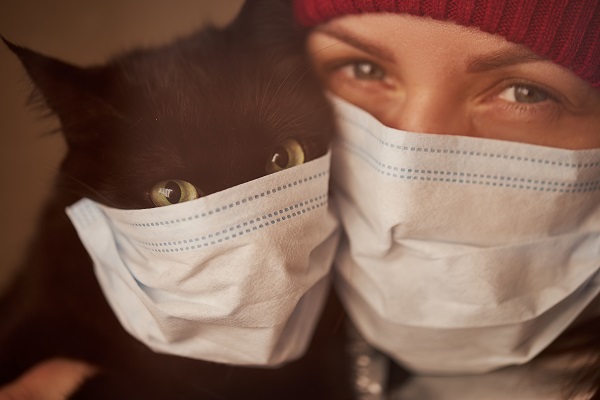 COVID-19 Threat to Cats
COVID-19 Threat to Cats
Cats may have a higher susceptibility to the virus, according to the researchers in China. But cat owners shouldn’t panic. There is no evidence to support that cats can transmit the virus to humans. Studies have preliminarily indicated that cats can be infected with the coronavirus that causes COVID-19, and there is a possibility that it can be spread it to other cats through airborne water droplets, or contact with feces or urine. However, the study exposed the cats to extremely high doses of the virus, and none of the infected cats actually showed symptoms of illness. The takeaway is that the virus isn’t highly transmissible between cats under normal exposure to the virus (ie. an infected petowner). However, caution should be taken with a visit to Dr. Whitworth if your cat suddenly develops a dry cough and disinterest in food.
Should We Social Distance Our Pets?
If you are feeling sick, the answer is absolutely yes, just like you would do with humans. The CDC recommends restricting contact with pets and other animals if you are suspected or confirmed of having COVID-19. The US Centers for Disease Control and Prevention recommends that people with COVID-19 limit contact with their pets, including avoiding stroking them, being licked and sharing food. If you become sick and remain at home, it is advisable to have someone take care of your pet, at another location if possible.
Practice Good Hygiene Around Animals
In the United States, there is no evidence to suggest that any animals, including pets, livestock, or wildlife, might be a source of COVID-19 infection at this time. However, because all animals can carry germs that can impact our health, if you’re not sick, just practice normal good pet hygiene. Washing your hands after handling animals, their food, waste or supplies should be sufficient protection from a variety of germs that animals carry. If unsure, wear gloves to empty litter boxes or clean dog waste from the yard. For more information, visit CDC’s Healthy Pets, Healthy People website.
Should I Test if my Pet Contracted Coronavirus?
The USDA and the CDC don’t recommend routine testing of animals for the virus. But the situation is ever-evolving, and “public and animal health officials may decide to test certain animals out of an abundance of caution.”
If you think your pet is ill, call Whitworth Veterinary Clinic for an appointment at 256-830-1503. We are a full-service animal clinic offering a wide range of services in our state of the art facility in Madison, Alabama.


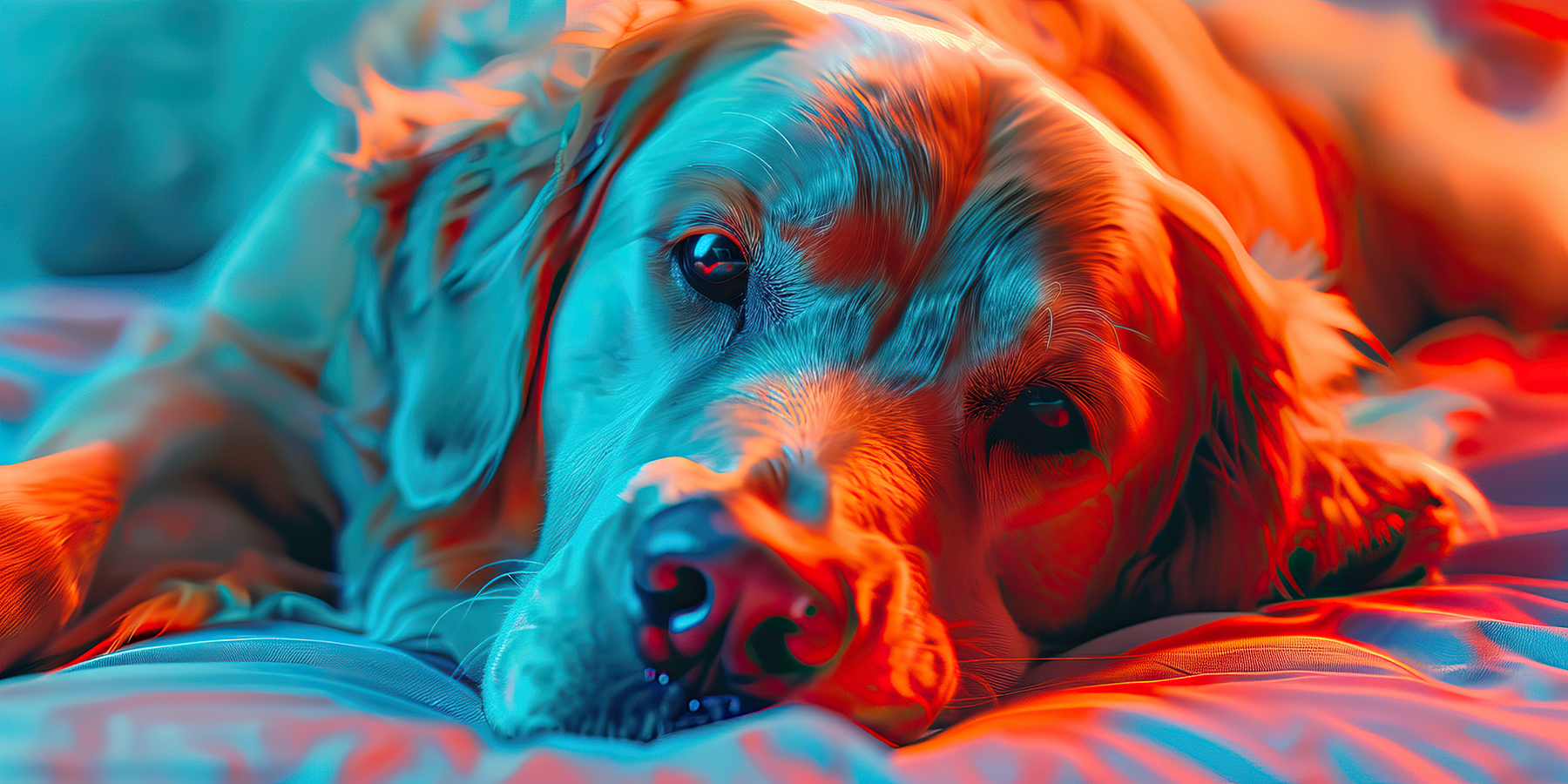
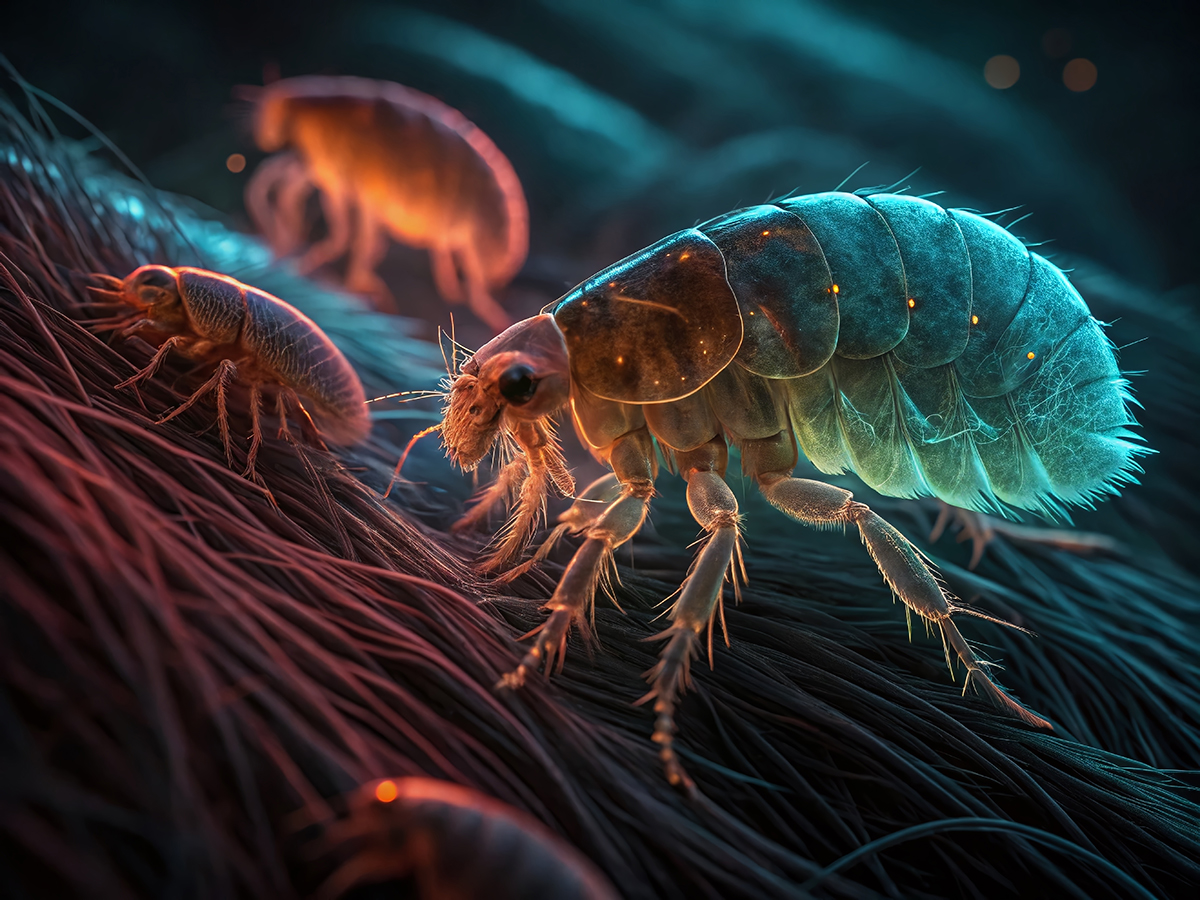
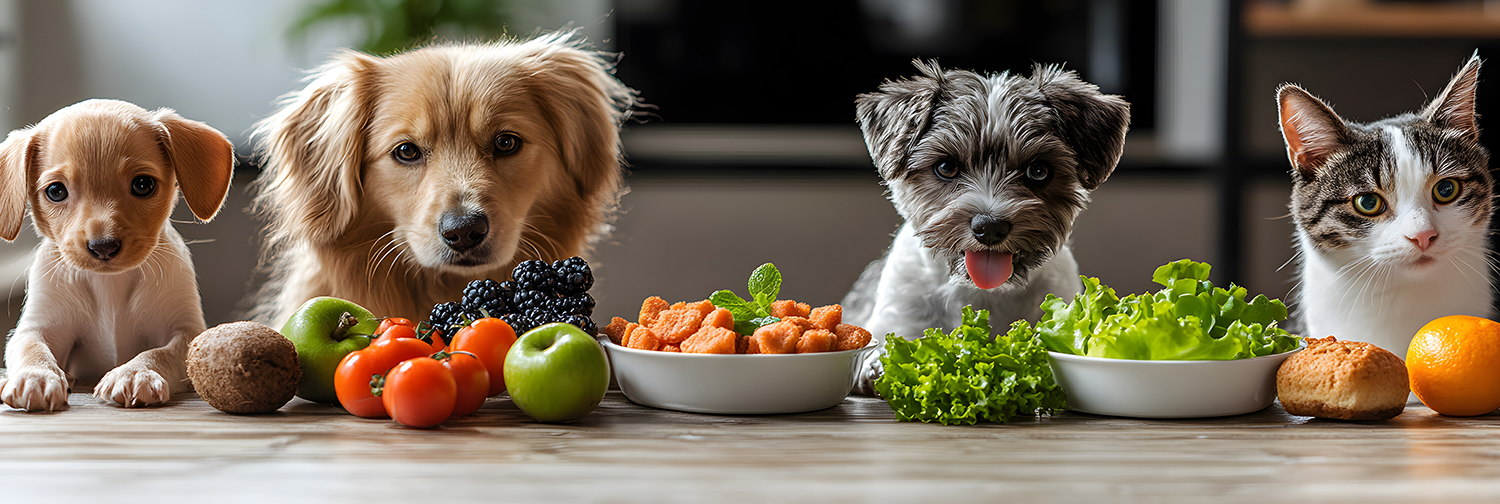

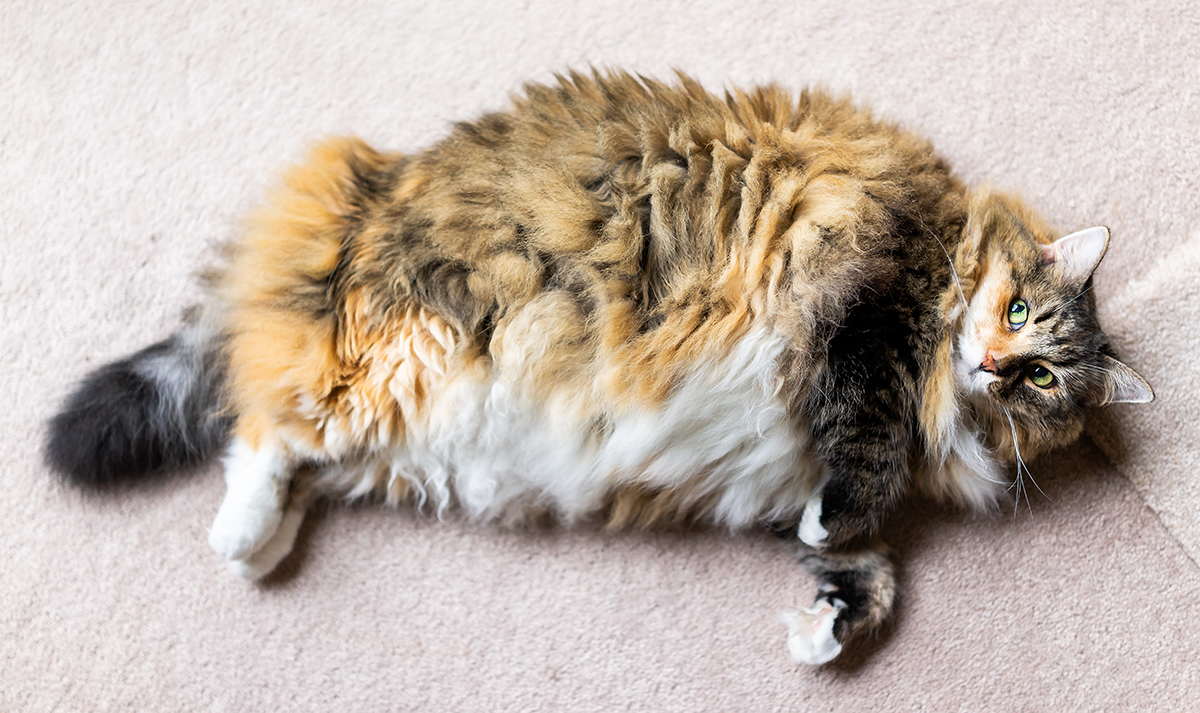
Leave A Comment